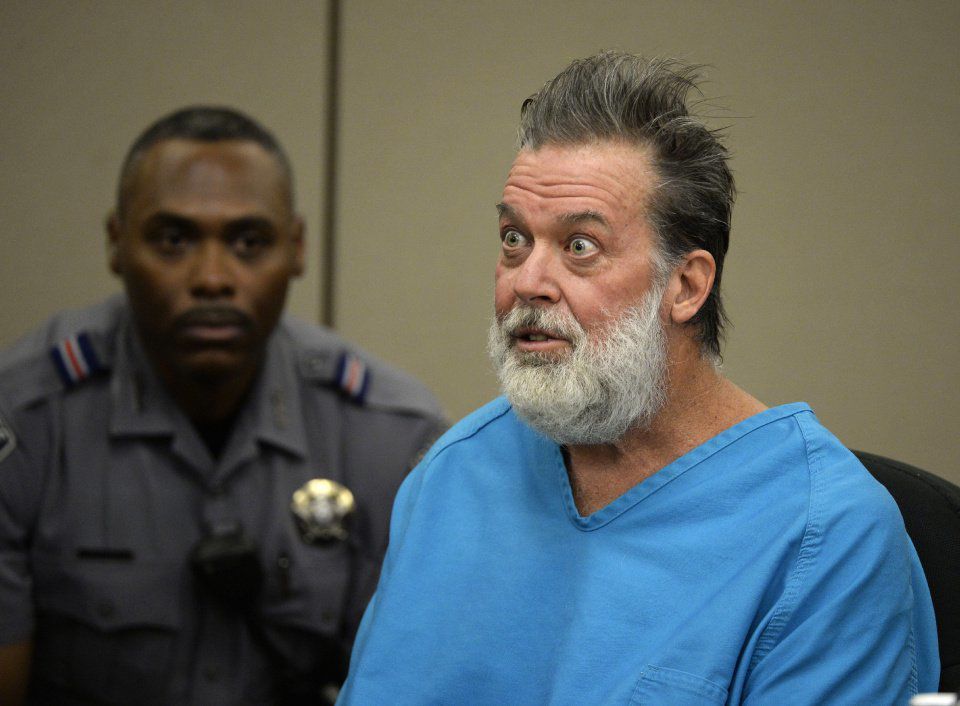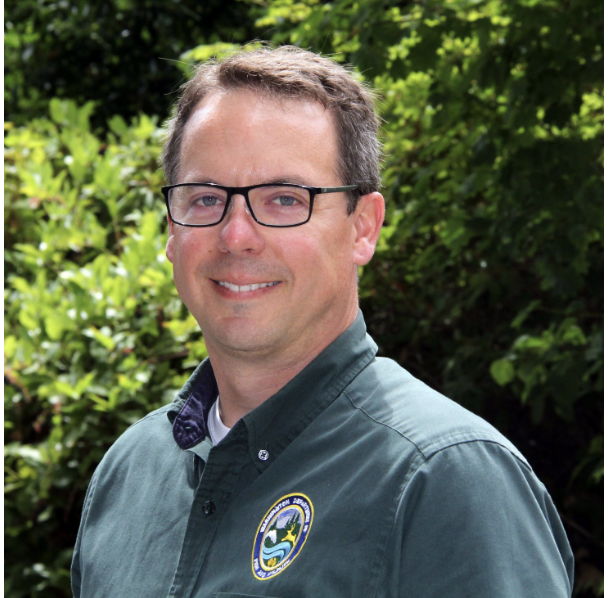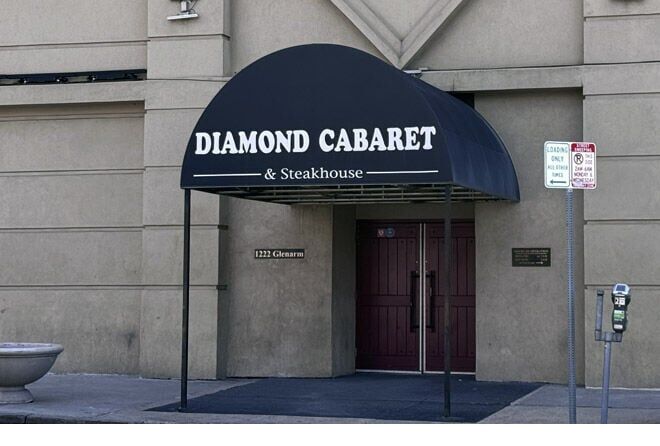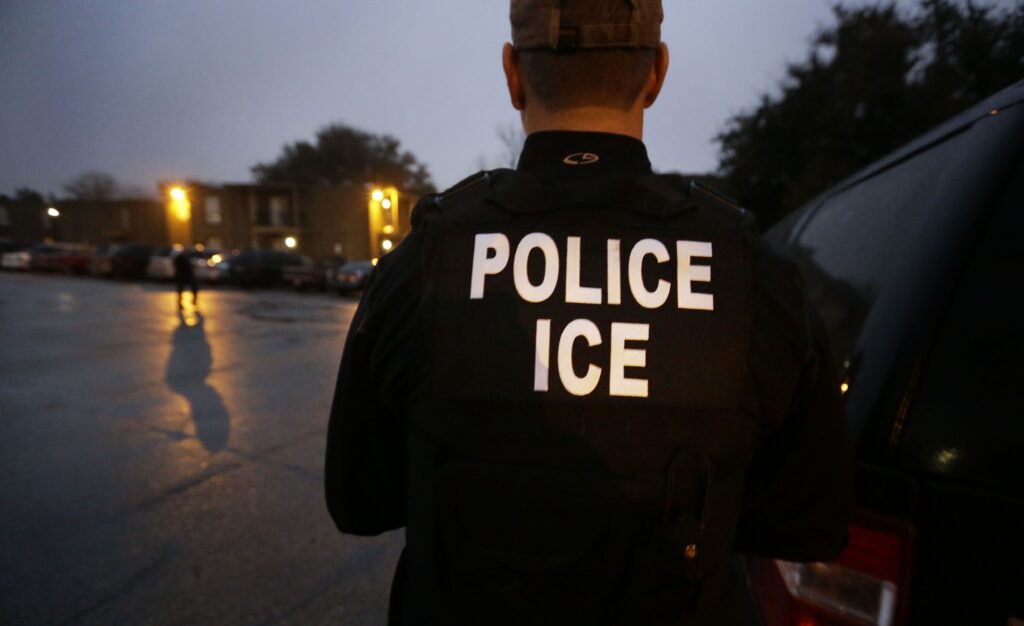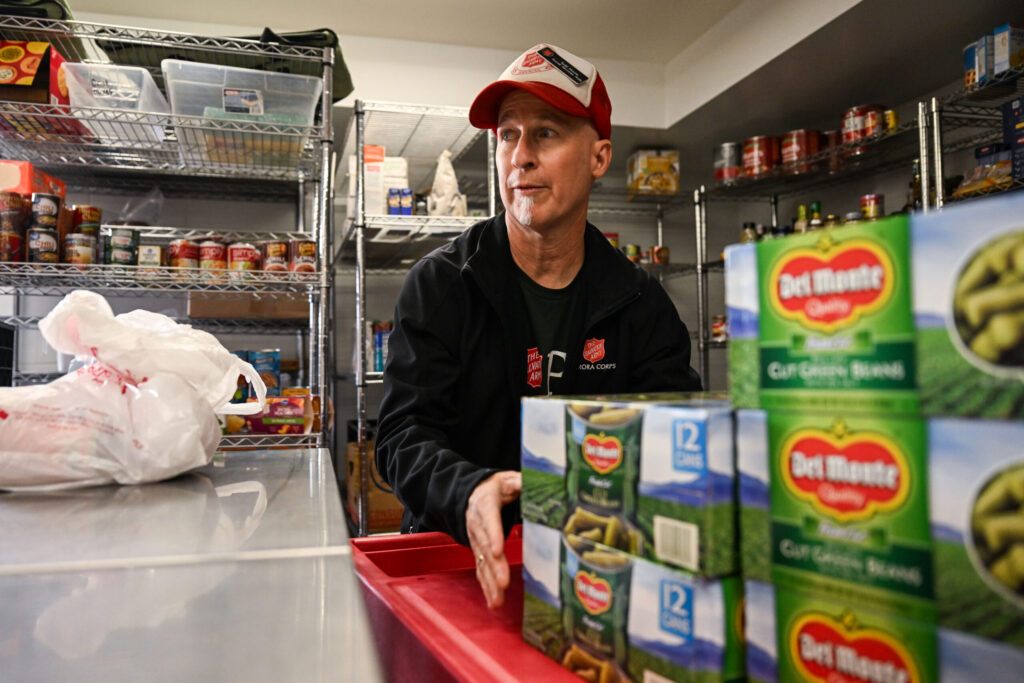Documentary examines the short history of Colorado sports betting
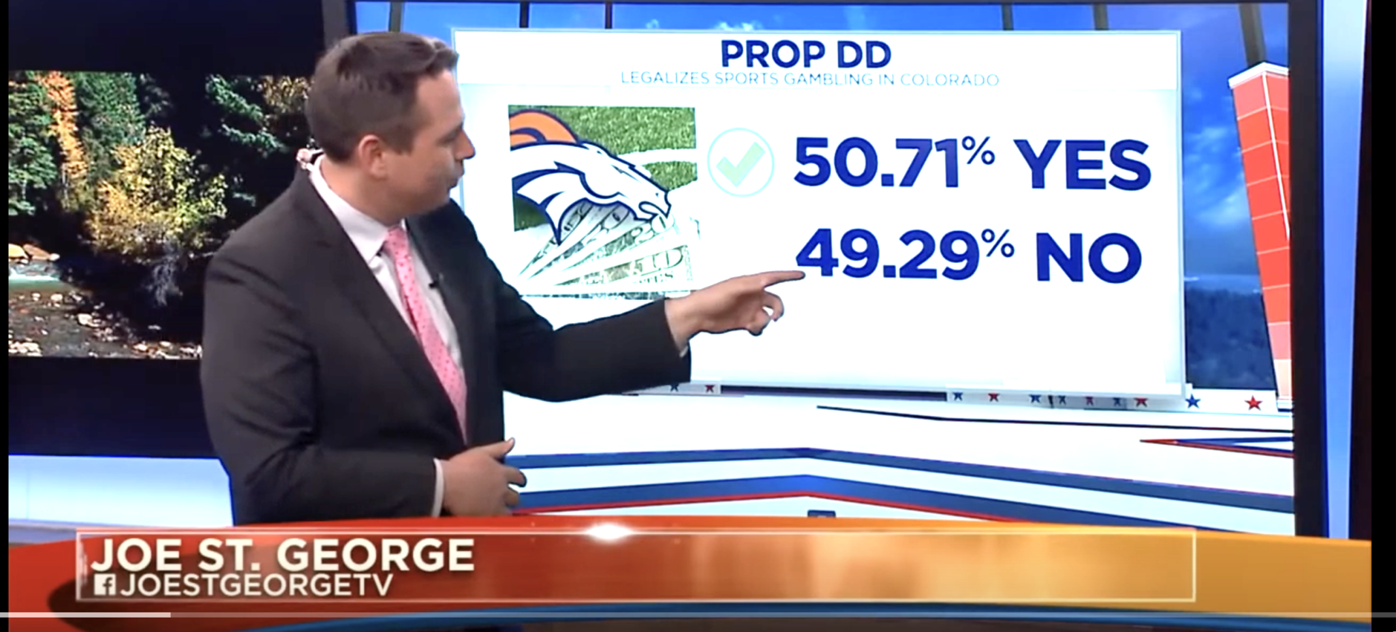
The short history of legalized sports betting in Colorado now has a short documentary to explain how the state put the online games in play.
The 8-minute video, “Let’s Play: The Story of Colorado Sports Betting,” launched Monday.
Watch it by clicking here.
“Colorado is actually a great location for sports betting,” said Sen. John Cooke, the Republican and former Weld County sheriff who helped pass the legislation that pub the question on the ballot last November.
Buzzer beater: Prop DD narrowly passes to allow sports betting at casinos
The video also addresses the potential of the Colorado market once the pandemic blows over and regular sports return. The measure allowed Colorado’s 33 licensed casinos based in Cripple Creek, Black Hawk and Central City to offer online bets on professional, collegiate, motor sports and Olympic games.
Seth Young, the chief information officer for the company PointsBet, called sports “the greatest reality show in the world, and sports betting lets you get involved.”
Sports betting launched to better-than-expected results in May, as bettors laid down wagers on games such as table tennis and international soccer.
INSIGHTS | Betting on vice might be Colorado’s only way to win
Coloradans passed Proposition DD narrowly to legalize the online games operated by the state’s licensed casinos last November. Voters approved the 10% tax as a way to help fund the statewide water management plan drafted by the Gov. John Hickenlooper’s administration.
House Majority Leader Alec Garnett, a Democrat from Denver, and House Republican leader Patrick Neville of Colorado Springs led with effort, with Cooke and Sen. Kerry Donovan, a Democrat from Vail, carrying it in the upper chamber.
In November, Colorado voters could decide Initiative 257, which would allow locals in the state’s gambling towns to vote on raising the state’s $100 betting limit or adding more games, such as Keno. The Secretary of State’s office is verifying petition signatures to see if the measure qualifies with 124,632 valid signatures from registered voters.








